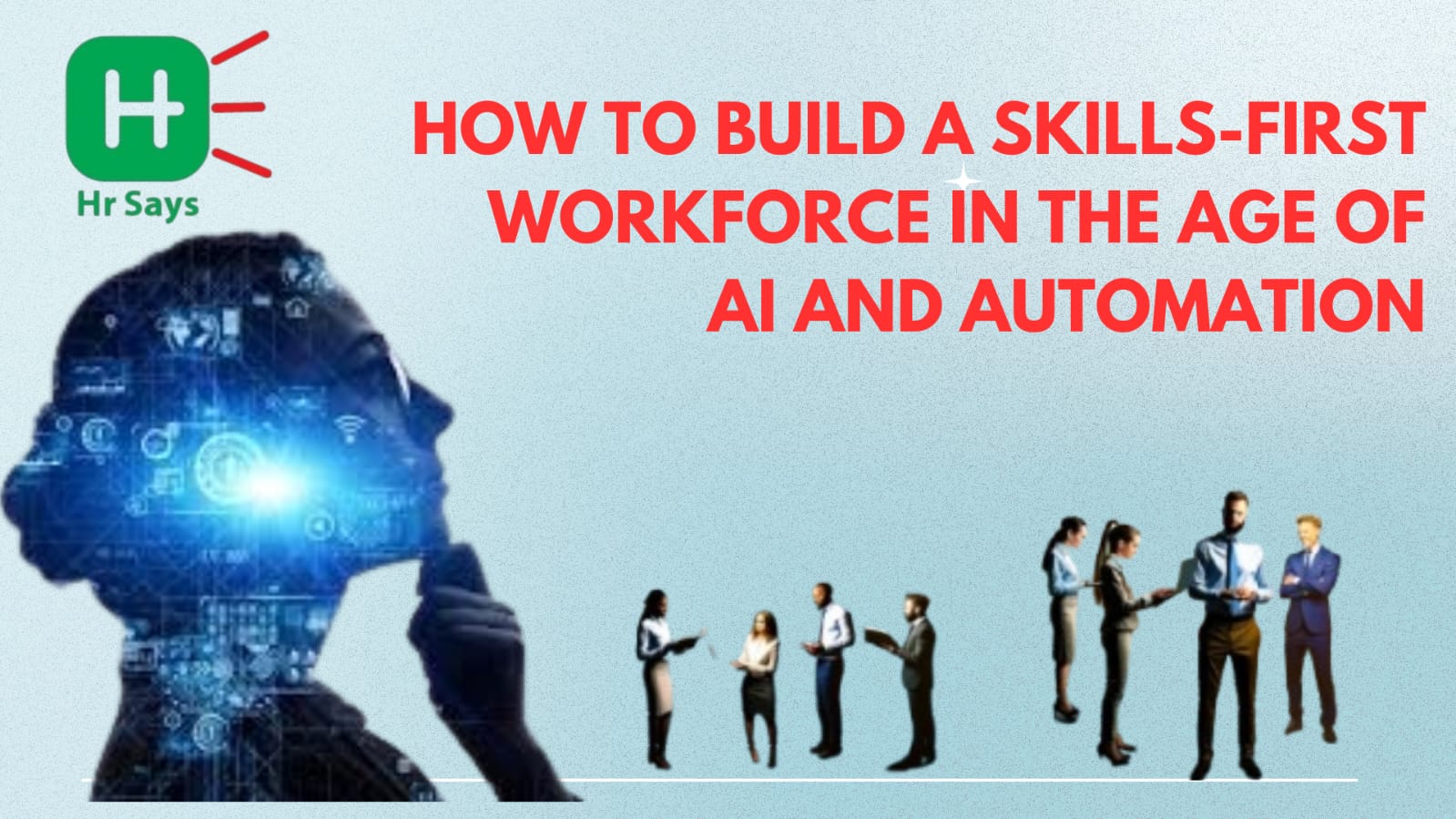What if job titles stopped mattering? What if roles faded, and skills took the front seat? It’s already happening. AI and automation are redrawing lines across industries. A skills-first mindset is no longer optional.
It’s becoming the new foundation.
When Roles Fade, Skills Speak
For decades, hiring was role-based. Job descriptions were copied, edited, reposted. But roles are changing too fast now. A role defined last year may already be outdated today.
Skills offer something roles don’t: agility. They evolve. They transfer. They stretch across departments, tools, even industries.
Companies are noticing. The smartest ones are shifting focus—from what people are called to what they can actually do.
Steps to Build a Skills-First Workforce
The transition isn’t instant. It takes structure. And a willingness to let go of the old way.
Here’s how it’s being done:
● Step 1: Map the Skills, Not the Titles: Don’t start with positions. Start with actual skills used day-to-day. Break down tasks. Spot overlaps. Identify what’s missing.
● Step 2: Build a Common Language: HR, managers, and employees must speak the same "skill language." A skill should mean the same thing across teams. Clarity is power.
● Step 3: Create Flexible Career Paths: Ladders are replaced by lattices. A marketer can move into UX. An analyst can step into product. The bridge is skill, not seniority.
● Step 4: Invest in Learning, Not Just Hiring: Hiring new skills is expensive. Training builds loyalty—and resilience. Microlearning, mentorship, and project-based upskilling work better than annual workshops.
AI Is a Tool, Not the Boss
AI doesn’t replace talent. It amplifies it. But only if people are trained right.
Without upskilling, AI becomes a wall. With the right skills, it becomes a ladder.
Tools change. Skills stay with the worker. And that’s what makes them worth investing in.
The Roadblocks Are Quiet
Not everyone agrees. Some managers still hire based on degrees. Some HR systems aren’t built
to track skills.
Worse, not all employees feel safe admitting they need to learn. This creates silence. And
silence kills growth.
That’s why leadership matters more than software. Culture beats tools—every time.
Skills Are the New Job Security
A skills-first workforce isn’t built overnight. It’s built with small shifts, honest feedback, and
room to grow. It asks companies to stop filling roles and start developing people.
Because in the age of AI, it’s not about what the job is. It’s about what the person can do—next.

 AI is changing work faster than most can keep up. A skills-first approach isn’t a trend—it’s
survival. But how can companies rebuild from roles to skills without losing clarity or
momentum?
AI is changing work faster than most can keep up. A skills-first approach isn’t a trend—it’s
survival. But how can companies rebuild from roles to skills without losing clarity or
momentum?








.jpeg)
.jpeg)

.jpeg)





.jpeg)



.jpeg)

.jpeg)



